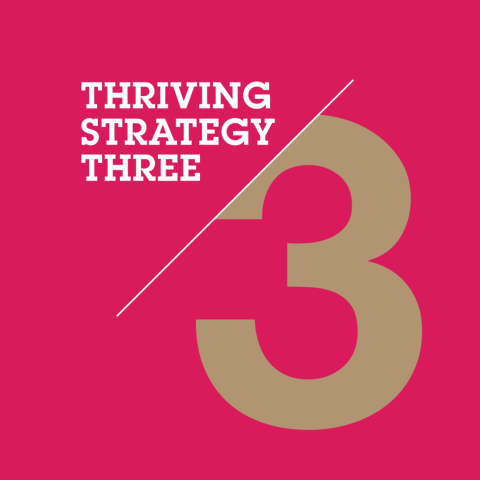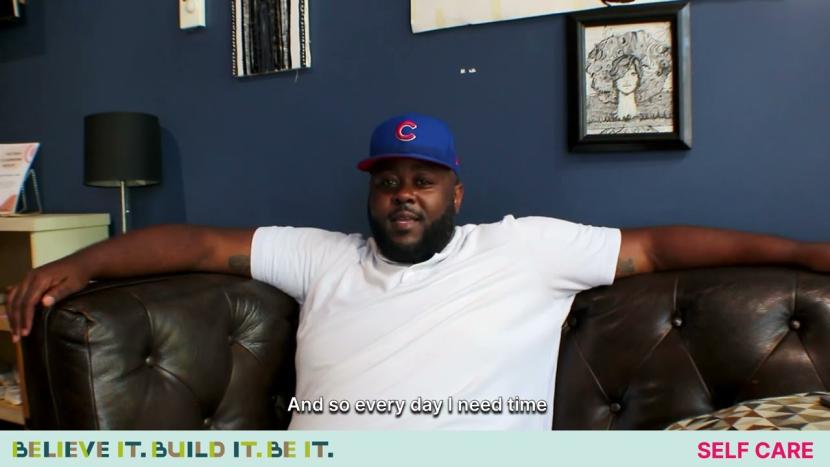What it means:
You prioritize you. It’s not always easy to “turn off” your
youth worker switch at the end of the day, so you intentionally do what you need to do to unplug from the emotional and physical challenges of youth work. You recognize that you can’t (and shouldn’t) solve every problem in a young person’s life.
Why It Matters:
Youth workers often see young people in stressful situations. We can’t always control the challenges in a young person’s life, but we can control how prepared we are to offer support and help them navigate difficulties. There’s no one way to care for yourself amid the daily challenges of youth work — some days you may need a quiet space to think and other times a peer group for support. Regardless of the activity, it’s all about prioritizing your physical and mental health so you can sustain yourself in this line of work. It’s also about you not carrying too big a burden. Sometimes self-care is connecting young people to other resources for additional support.

